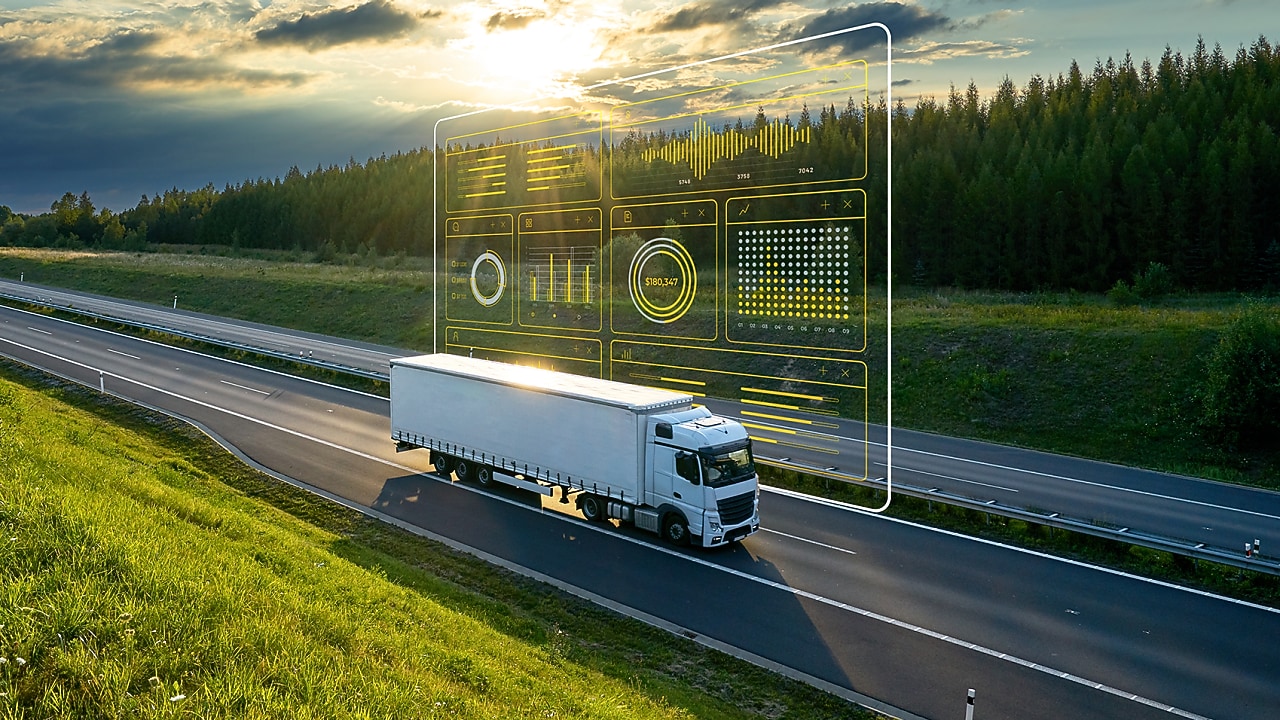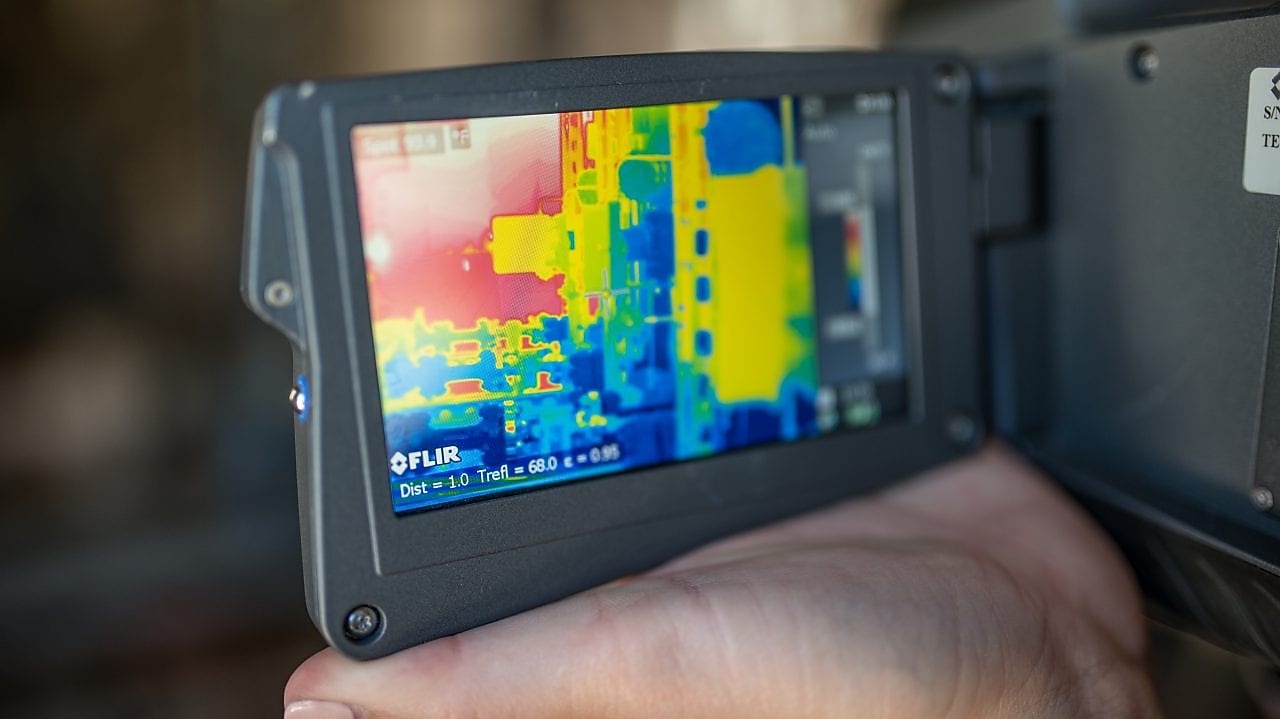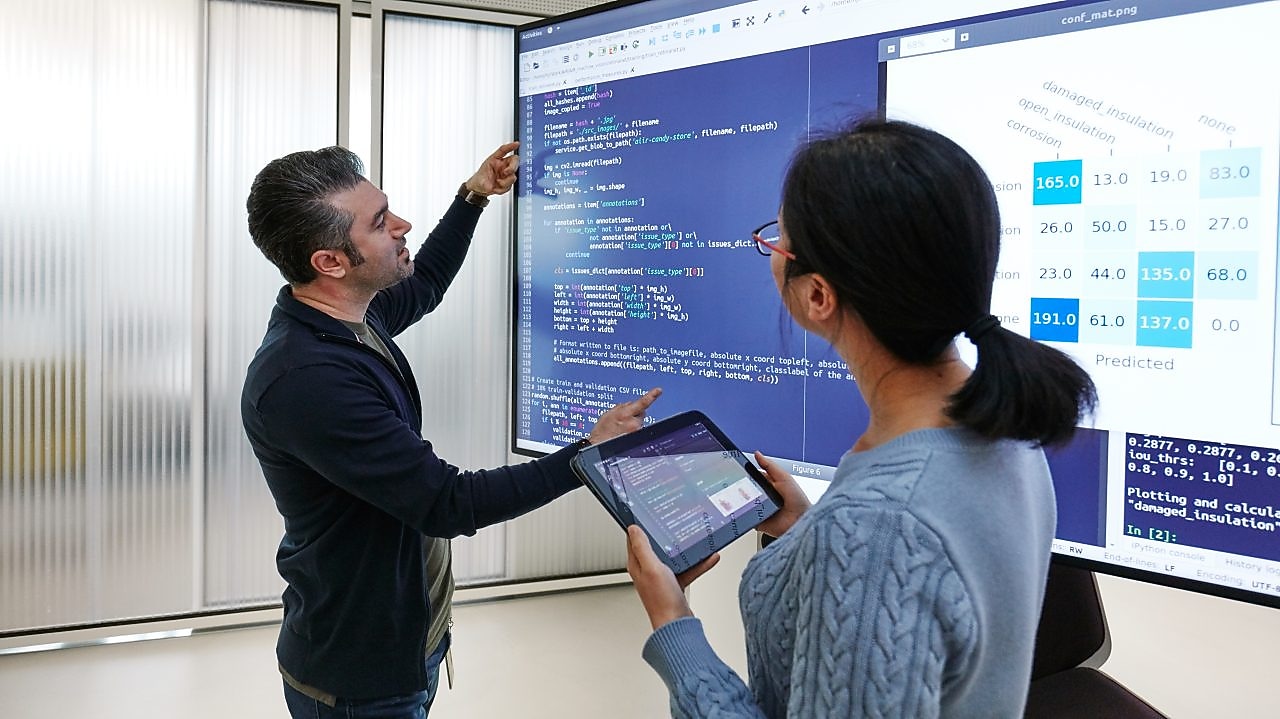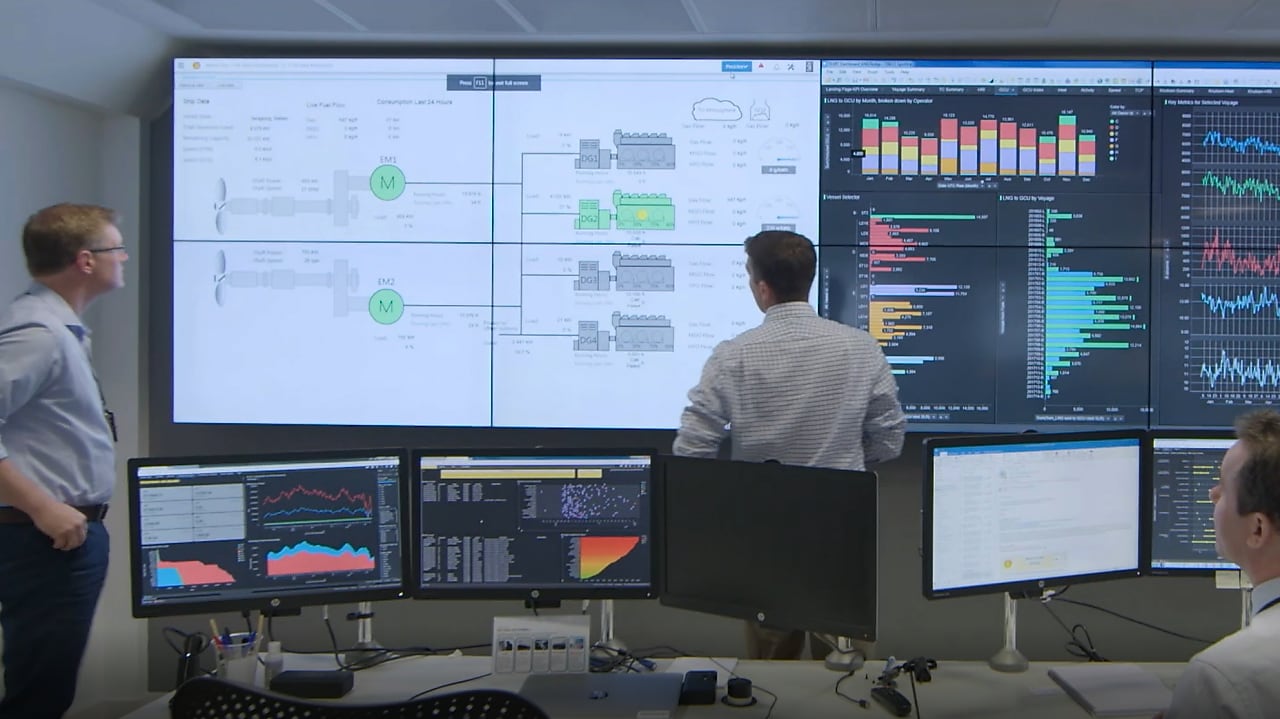
Collaboration and open innovation
The greatest and fastest digital innovations come from collaboration and broad coalitions.
We partner with some of the world’s leading technology companies to develop and deploy digital solutions at scale across our businesses. The global innovation footprint is large and diverse, so significant effort is needed to leverage the richness of what is available to allow for more open free-flow of ideas and technology. That is why we embrace a global open innovation strategy and collaborate with our business partners, universities, research institutes, suppliers and customers. Open innovation helps to ensure a continuous influx of fresh ideas and speeds the adoption of new technology. We believe that open innovation is key to rapidly innovating and deploying digital technologies which can help accelerate the energy transition. We actively support the development of common data standards and platforms to facilitate innovation and enhance data sharing across organisational boundaries.

Shell.ai Hackathon for Sustainable and Affordable Energy 2024
Shell.ai Hackathon for Sustainable and Affordable Energy brings together brilliant minds passionate about digital solutions and AI, to tackle real energy challenges and help build a lower-carbon world.



